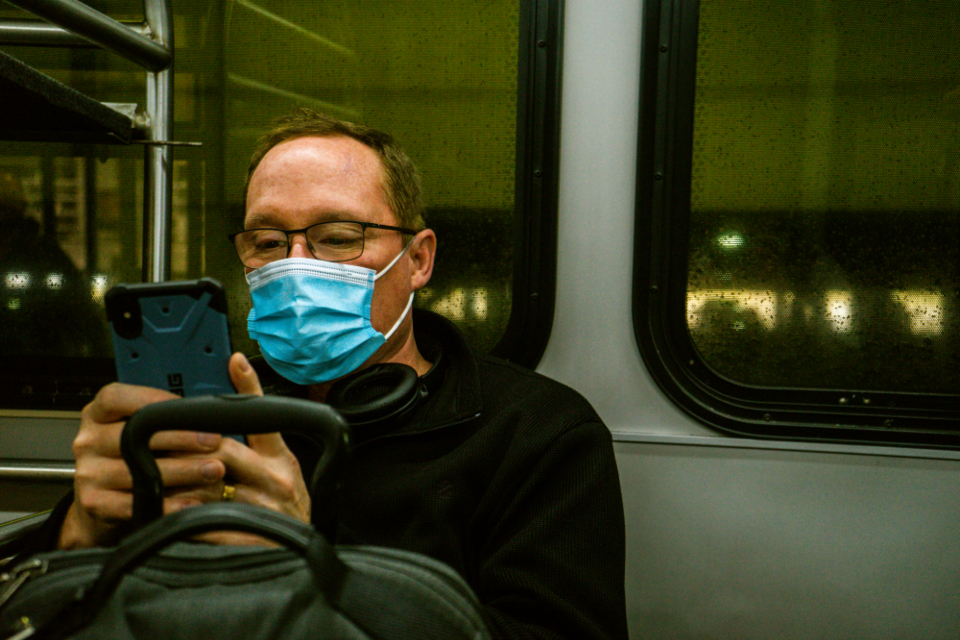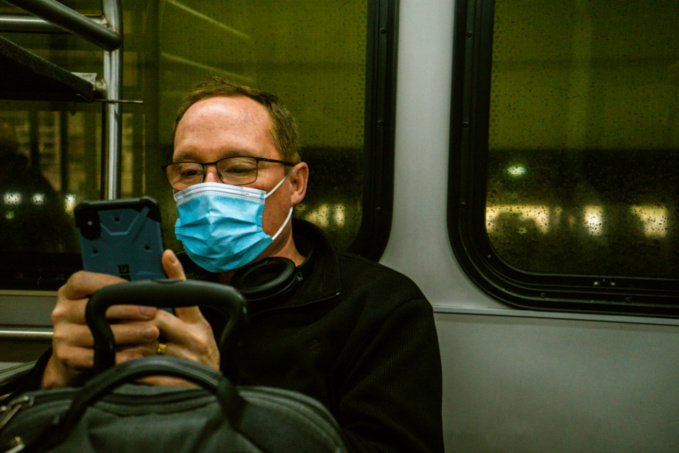Between July 17 and August 13, more than 1.4 million people worldwide became infected with the coronavirus; more than 2,300 of them passed away. The World Health Organization (WHO) noted that while the number of deaths reduced by 56%, the number of infections rose by 63% over the previous 28 days.
According to the WHO fact sheet, 2,366 fatalities and 1,422,538 infections were documented worldwide in just four weeks. 104 different countries have reported cases of the infection. The organization claimed that COVID-19 "remains a major threat" even after the end of the emergency protocol proclaimed by the WHO on May 5.
The WHO urged nations to "support early warning, surveillance, and reporting, monitor [coronavirus] variants, provide early clinical care, booster vaccination in high-risk groups, and improve ventilation". The EG.5 variation omicron coronavirus strain is becoming more common, according to the WHO. It had been discovered in 50 countries as of August 17. There were 48 countries a week ago.
source: reuters.com
According to the WHO fact sheet, 2,366 fatalities and 1,422,538 infections were documented worldwide in just four weeks. 104 different countries have reported cases of the infection. The organization claimed that COVID-19 "remains a major threat" even after the end of the emergency protocol proclaimed by the WHO on May 5.
The WHO urged nations to "support early warning, surveillance, and reporting, monitor [coronavirus] variants, provide early clinical care, booster vaccination in high-risk groups, and improve ventilation". The EG.5 variation omicron coronavirus strain is becoming more common, according to the WHO. It had been discovered in 50 countries as of August 17. There were 48 countries a week ago.
source: reuters.com



















